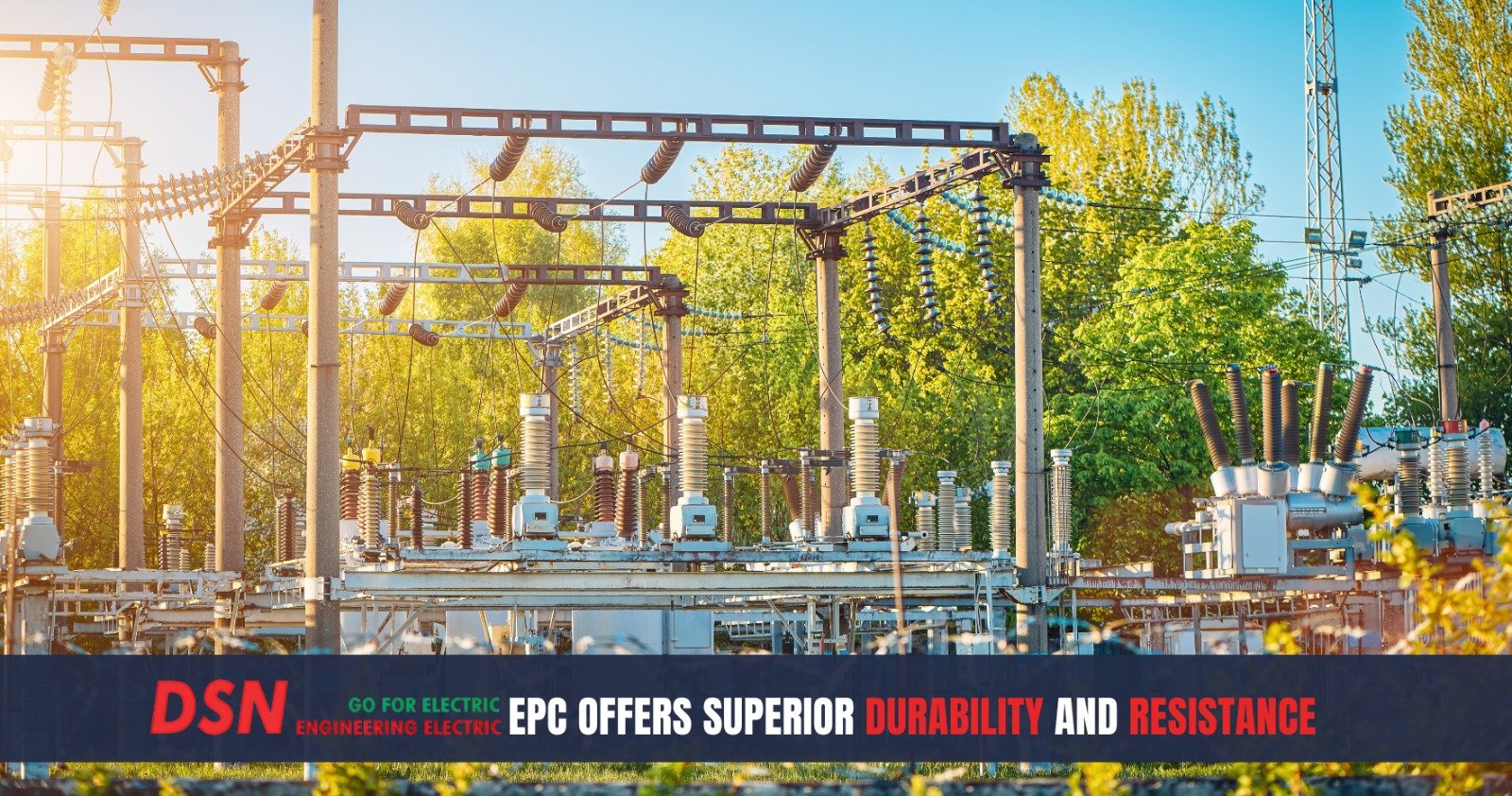
An EPC (Engineering, Procurement, and Construction) contractor is a company that provides a comprehensive service for industrial projects, typically in the energy, infrastructure, and heavy industries. They manage:
1. Engineering: Design, planning, and development
2. Procurement: Sourcing and purchasing equipment and materials
3. Construction: Building and installing the project
1. Cost efficiency
2. Time management
3. Quality control
4. Risk management
5. Compliance with regulations
1. Project management
2. Feasibility studies
3. Detailed engineering
4. Material procurement
5. Construction and installation
6. Commissioning and testing
7. Maintenance and support
1. Bechtel
2. Fluor Corporation
3. Jacobs Engineering
4. Saipem
5. TechnipFMC
6. ABB
7. Siemens
8. Hyundai Engineering & Construction
1. Oil and gas
2. Power generation and transmission
3. Renewable energy
4. Chemicals and petrochemicals
5. Infrastructure development
6. Mining and metals
7. Water treatment and management
1. Experience and expertise
2. Project portfolio
3. Quality certifications
4. Safety record
5. Financial stability
6. Global presence and local knowledge
7. Innovative solutions and technology adoption


Electrical panels, also known as electrical enclosures or boxes, are compartments that house and protect electrical equipment, wiring, and connections. They:
1. Organize and secure electrical components
2. Protect against environmental factors (dust, moisture, weather)
3. Provide easy access for maintenance and repairs
4. Enhance electrical safety
1. Main Electrical Panel (MEP)
2. Distribution Panel (DP)
3. Control Panel (CP)
4. Motor Control Center (MCC)
5. Electrical Distribution Board (EDB)
6. Load Center Panel (LCP)
7. Service Entrance Panel (SEP)
8. Sub-Panel (SP)
1. Circuit breakers or fuses
2. Busbars
3. Wiring and connectors
4. Electrical meters and monitors
5. Switches and relays
6. Grounding and bonding systems
1. Distribute electrical power
2. Control and monitor electrical systems
3. Protect against overloads and faults
4. Provide a safe and organized workspace
5. Facilitate troubleshooting and maintenance
1. Residential and commercial buildings
2. Industrial facilities and plants
3. Data centers and IT infrastructure
4. Healthcare and medical facilities
5. Transportation and infrastructure projects
1. Improved electrical safety
2. Enhanced system reliability
3. Easy maintenance and upgrades
4. Reduced downtime and costs
5. Compliance with electrical codes and standards
Electrical panels are essential components in electrical infrastructure, ensuring safe, efficient, and reliable power distribution and control.
WhatsApp us